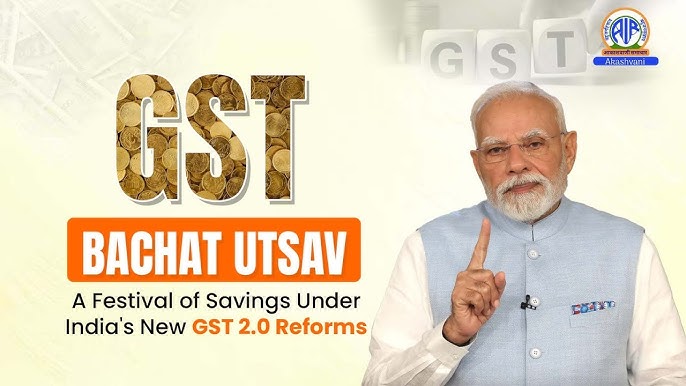The GST Bachat Utsav began on the 22nd of September as the Narendra Modi government slashed GST rates in many sectors, benefiting citizens across the country. Akashvani correspondent brings a report on how the next generation GST reforms are boosting the economy of West Bengal.
The next-generation GST reforms are directly empowering artisans, farmers, and small entrepreneurs of West Bengal. The Goods and Services Tax being levied on Nakshi Kantha, jute handbags, hosiery and shopping bags has also been reduced to 5 per cent. Earlier, these were taxed at 12 per cent. This has helped to increase affordability and boost consumer demand and export of these products. Horticulture products, like Darjeeling Tea, Malda Mango and their processed products are now being taxed at 5 per cent, down from the earlier 12 per cent. This reduction has made mango products, juices and jam affordable for domestic consumers and is encouraging the food processing industry. Terracotta figures of Bankura, Mats and diversified products of Madurkathi, Chhau dance masks, and leather goods of Shantiniketan are being taxed at 5 per cent. The move has given a boost to small MSMEs of the state, improving its competitiveness against synthetic goods and helping to preserve the unique identity of such unique handicraft items.
Due to tax rationalization, the unique products of West Bengal have become competitive in both domestic and global markets. This is not only helping to promote Bengal’s artisanal heritage but also strengthening its local economies.


